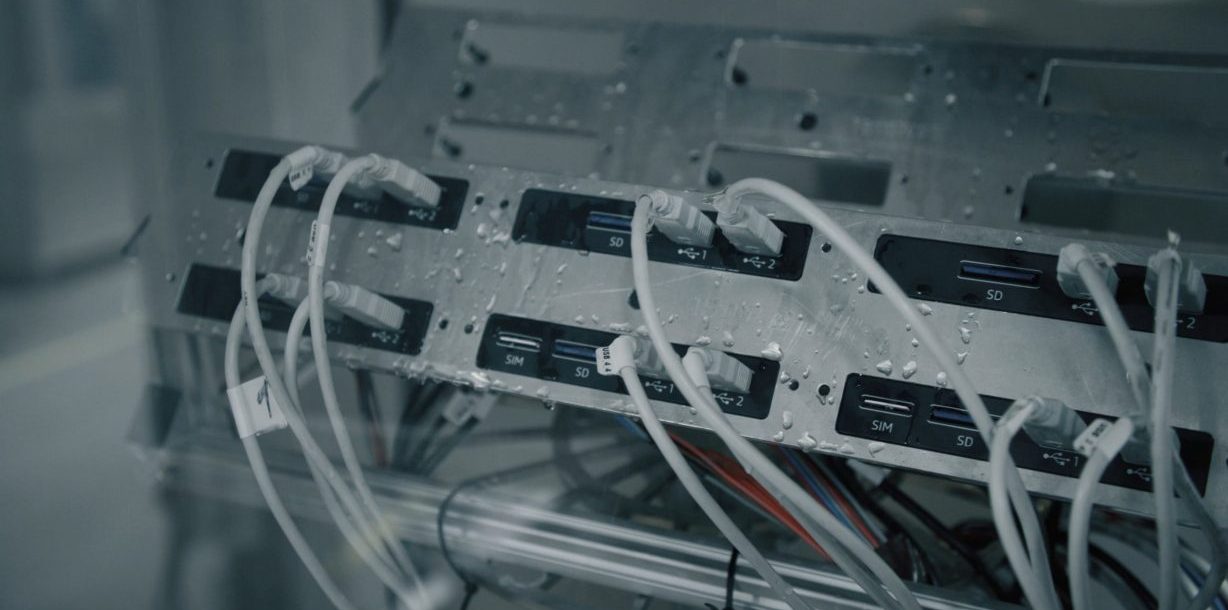Optical simulations – what are they?
The latest capabilities of simulation programs include various types of optical simulations, commonly referred to as light simulations, such as in-car headlights, which are now largely illuminated by modern optical systems with an LED light source. is an LED.
When a driver gets into his car, he doesn’t think about the hue or evenness of the illumination which his vehicle is equipped with. However, it is worth taking a closer look at the different types of illumination that the simulation area offers today. These mainly include communication devices and HUB-type chargers, illuminated decorative frames, cabin function lighting, as well as a whole range of other accessories found in cars.



